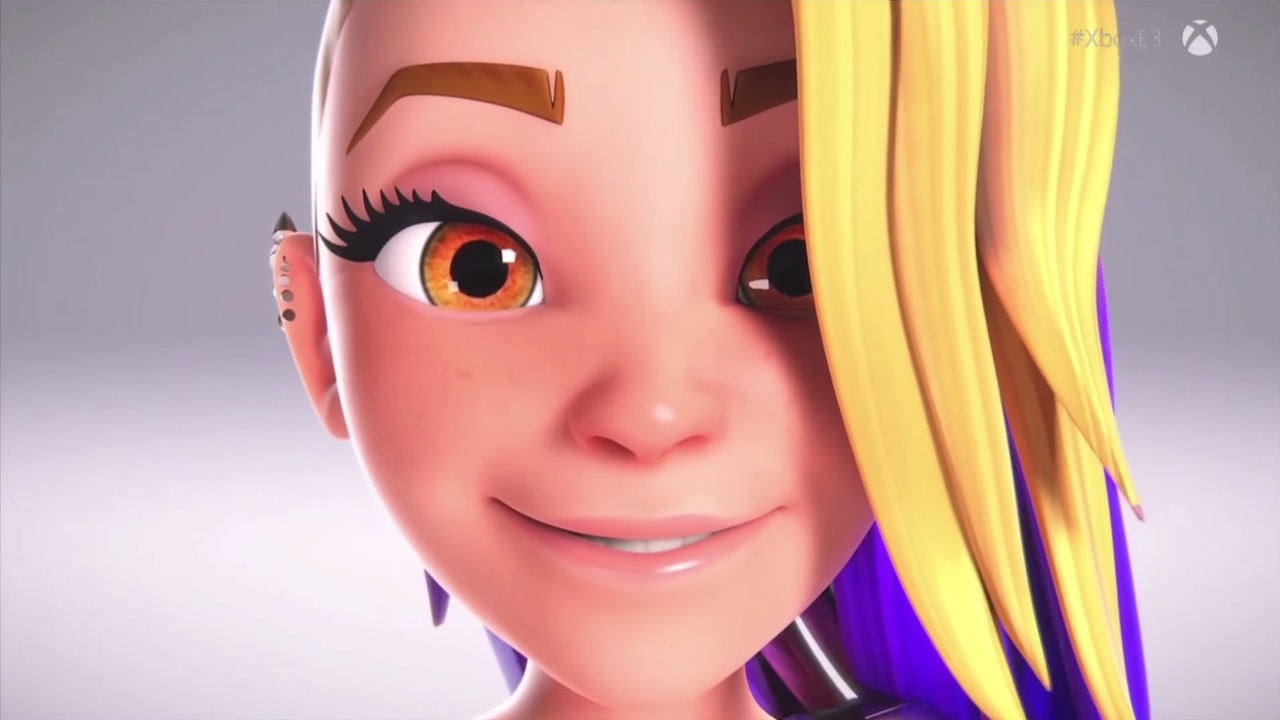“Online, you aren’t your gender, colour, or sexuality” - the rise and positivity of gay gamer groups
It's about far more than escaping online homophobia... although there is that
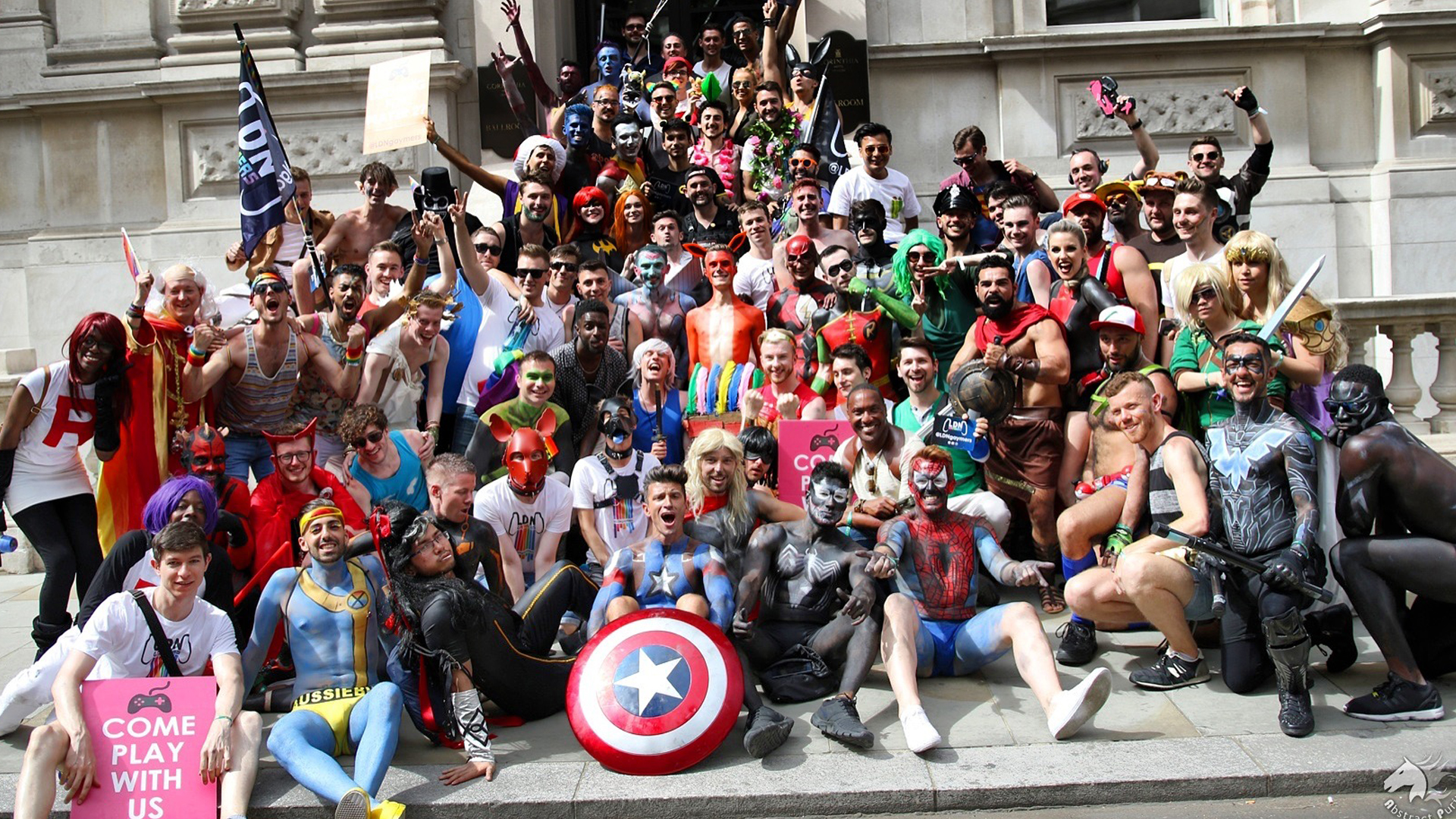
LGBT+ people (Lesbian, Gay, Bisexual, and Trans) are, by and large, poorly represented in video games. Moreover, the gaming world itself can be hugely anti-social, and often hostile towards LGBT+ gamers. It’s a safe bet that comments on this article on both GR and social media will be rife with negative stereotypes and distasteful comment just based on the headline. But the same sense of exclusion and lazy stereotyping is all too often true of wider culture towards gamers. So if you’re an LGBT+ gamer, it’s a double hit. This is why so many feel the need to create their own spaces in music, television, sports, and so on. But how does it help? What kind of culture do these increasingly popular groups create to insure complete inclusivity for its members? And are many of them formed for positive reasons, rather than negative?
I contacted members of a few gaymer groups (that’s gay+gamer, so gay gamers) to find out what’s driving them to create their own social communities and to figure out how they operate. I spoke with organisers from two London groups, LDN Gaymers and London Gaymers, as well as Gay Gamers Manchester but there are groups all over the world from New York to Tokyo to Sydney.
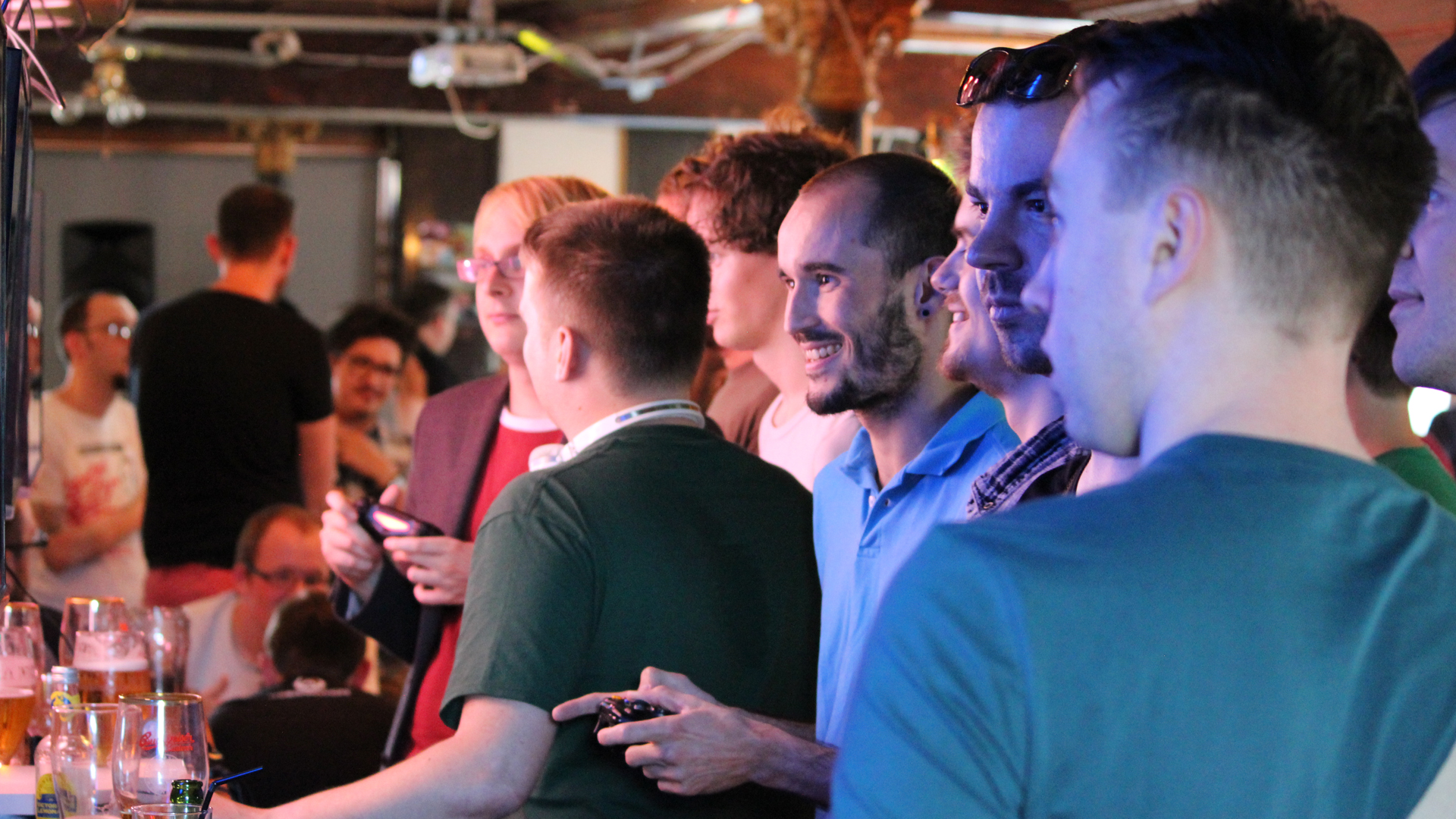
Yusif, Chris, and Kristof - three friends who run LDN Gaymers together - tell me the reason to create their group was primarily to make more gaming friends. Like so many gamers, a lot of their best friends are online, but many also grew up playing in friends’ houses. “Online, you aren’t your gender, colour, or sexuality”, Yusif says.
“You’re an avatar and you can focus on just playing the games”. Through this group, they feel they can help the gay community, especially people of colour within it, to make lasting friendships in London, a city known for its urban solitude.
A genuine alternative
Chris, having not liked going to clubs due to huge social anxiety, wanted to create a space where people aren’t judged either. Kristof says, “I got to a point where I realised if I didn’t go clubbing with these people, would we even be friends? A lot was getting away from the drinking culture”. It seems to me he’s trading one core interest for another, but the clubbing scene is one where it’s much harder to meet people and talk, whereas the gaming community they have set up is literally for just that.
I put it to them that, perhaps because this an LGBT+ group, it’s innately more community-driven. “The heterosexual gaming world can be quite toxic”, Kristof replies. “We are providing a space where people can play without worrying about those things. Some people have to hide their identity because of their background, but they can be open here. Just the other week, though, someone came along to check their son was having fun”. Their son had only come out to them two weeks prior.
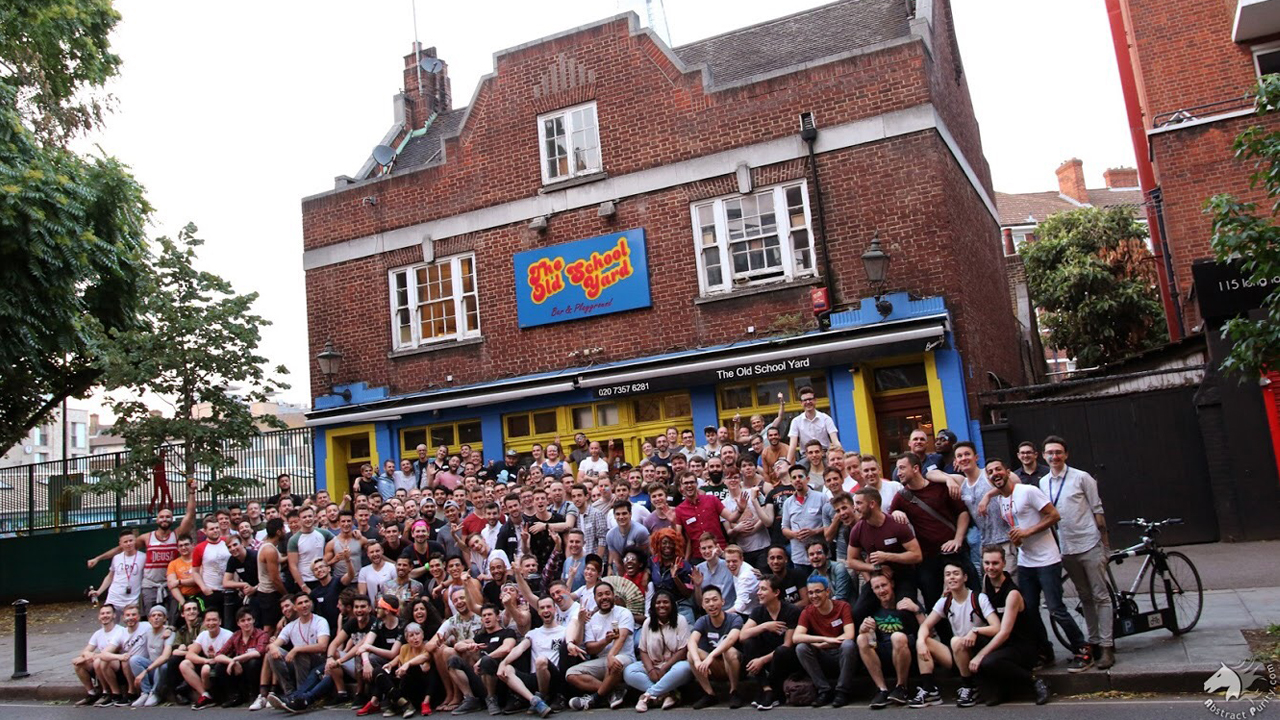
Wider gaming as a whole isn’t necessarily as problematic as the industry that creates it. The actual industry isn’t totally rife with homophobia and isolation. Keith Andrew, from Gay Gamers Manchester, says, “I’ve been either covering or working within the games industry in some form for the last decade and, particularly in the UK, it’s a very diverse one. There are plenty of LGBT+ people working within games and, while there’s always progress that can be made, rare are the times I’ve been made aware of any blatant homophobia. Rather, what [Gay Games Manchester] wanted to do was bring together a community that already existed but was largely unaware of just how big it was. It was a group fuelled by positivity, dare I say, rather than any sense of fear or negativity”.
Weekly digests, tales from the communities you love, and more
While Andrew feels creative industries tend to draw in a diverse range of people, and expects it will continue to do just that, he admits that the actual player base can be hostile. “While there’s work to be done with some gamers - Gamergate proved that there’s a vocal bunch who, perhaps, don’t fully embrace how the world has moved on - you only need to look at recent reactions to Football Manager’s decision to include (fictional) gay players, or Call of Duty: WW2‘s LGBT+ flags. Likewise, I remember there was a massive backlash on social media at least when Sony unveiled a Pride wallpaper for PS4 earlier this year. Games are a mainstream platform and they attract billions across the globes - you’re going to get a certain amount of closed-minded people in that group. All the industry can do is continue to challenge them - continue to represent every gamer. That’s the only way you ever change anyone’s mind”.
Mutual interests
Curtis, who runs London Gaymers, recognises how, for anyone, being a gamer can often feel quite solitary. “It's still seen as a niche form of entertainment by many and can be quite a singular experience. Coupled with being LGBT+ where maybe you don't feel like you fit with the common gay cliques or aren't confident enough to be on the 'scene'. Add to this the challenges a large city like London presents, and these three things compounded often mean finding people with the same interests as you can be really challenging”.
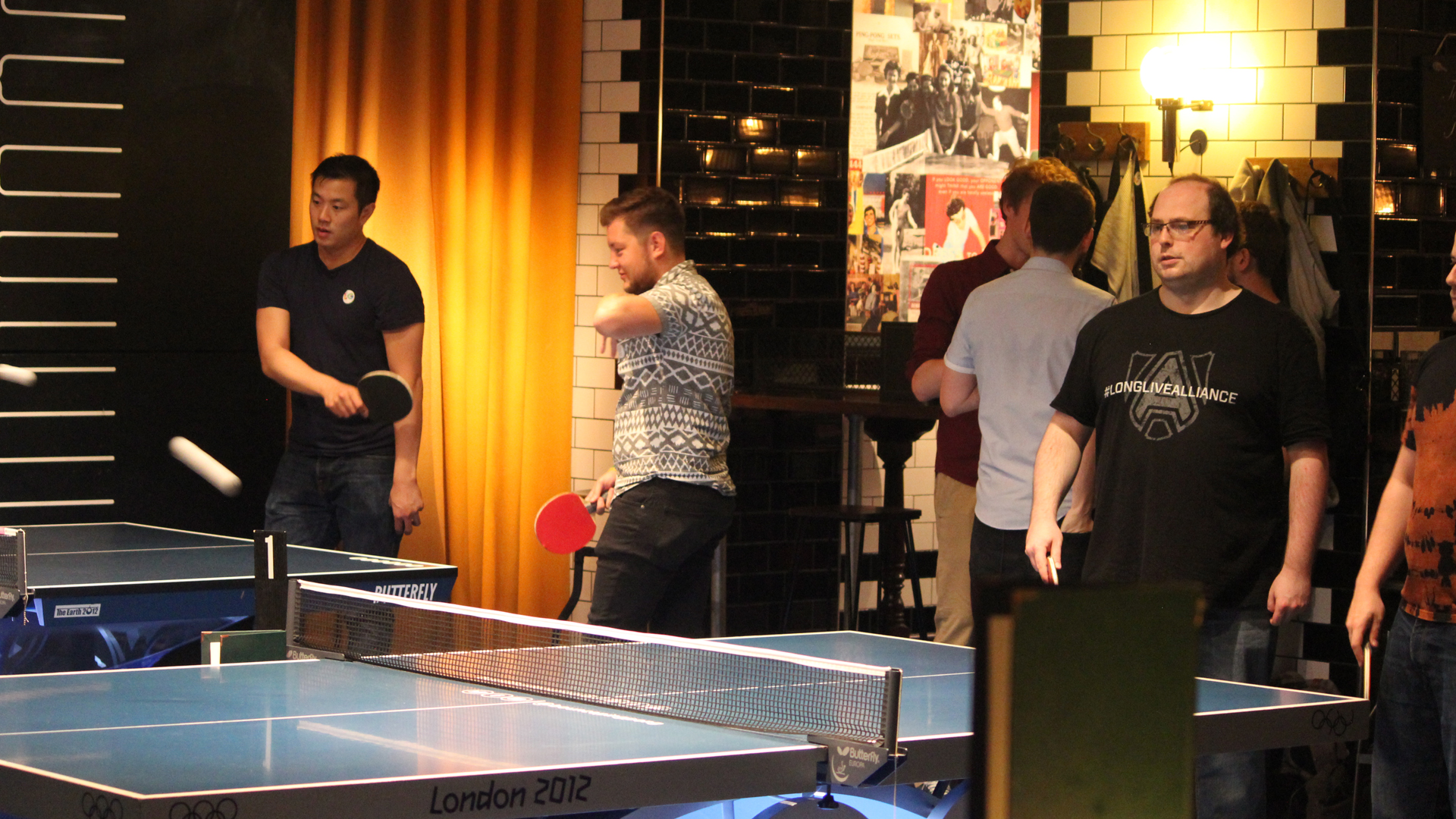
The large amounts of homophobia found in online gaming can be distressing and upsetting to hear. For those reasons, London Gaymers is a place for people to play together without the fear of homophobic abuse or language, and to make friends with those who share those interests. By all accounts the group is going from strength to strength. According to Curtis: “Over the last 18 months we've increased our members tenfold, marched in our first Pride in London parade, and raised money for charities such as the Terrence Higgins Trust and Special Effect, who work in sexual health and disability, respectively.
“We've also had a great response from non-LGBT+ people who completely understand why a group like London Gaymers is so needed – especially those who have heard first hand the homophobic language and slurs heard regularly in online gaming. We are always more than happy for allies and non-LGBT+ people to join in and play with us and join in – some of those people just looking for a welcoming gaming group to be a part of too. One comment we hear a lot is ‘I wish there was a group like this for non-LGBT+ people’ to which we respond with – of course – just join in with the London Gaymers”.
In October 2017, they were thrilled to be invited by MCM London Comic Con to host a panel discussion on LGBT+ diversity in gaming and have created a new project to share the experiences of LGBT+ people working in the games industry, which you can find at dig.londongaymers.co.uk.
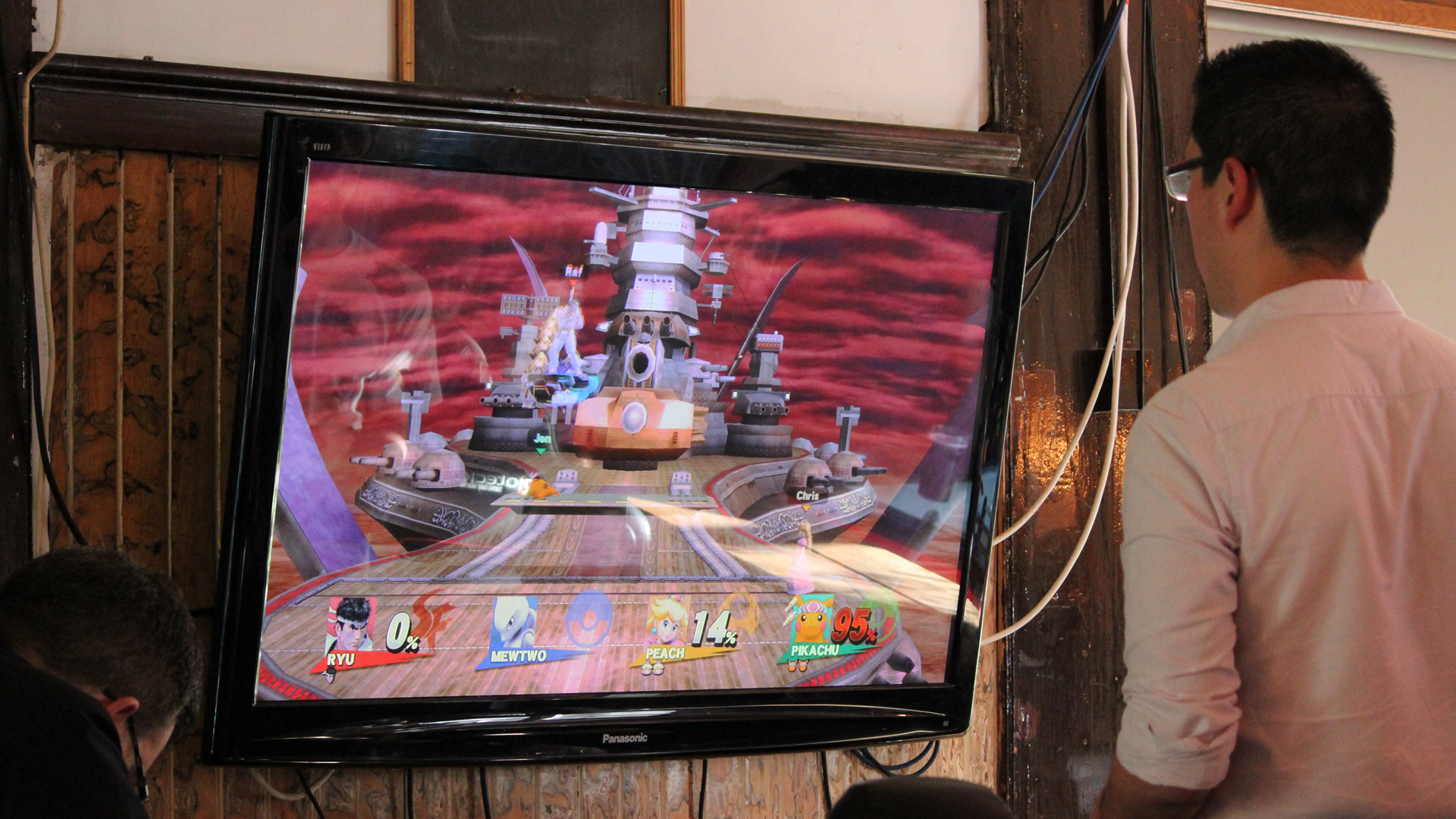
“While in London (and elsewhere), the L, G, B and T can often be fragmented, we think that our shared love of gaming actually gives us a great space to bring people together.
But are they truly spaces for everyone? Or just for those who identify as LGBT+?
LDN Gaymers say they are open to every part of the LGBT+ group, but also to allies. “It’s for people who don’t necessarily want to go clubbing or are sporty”, Yusif says. Chris adds, “A lot aren’t even gamers – they just want to try something new.” About 80% of their group are gay/bi men.
More than just games
The reaction from other LGBT+ people has been overwhelmingly positive. So popular, in fact, they need a bigger venue, averaging between 180 to 200 people per major event. 40 to 50 come to the quiz, and cinema trips can vary between 20 and 60. “We love doing it because we can see the difference it can make for members – especially those with social anxiety”.
200 miles north, Keith set Gay Gamers Manchester up along with a developer friend, Simon Smith with an idea of tapping into what he calls, “The huge crossover between the gay community in Manchester and - for want of a better phrase - the geek community in Manchester.”
The most popular games seem to change quite a lot but online multiplayer games have more staying power. “You can nearly always find some gaymers playing Overwatch, World of Warcraft, Dota 2, Heroes of the Storm, Destiny 2, Guild Wars 2, Splatoon 2, and a big uptick in retro games too with the launch of the SNES Classic Mini – lots of classic Mario platforming”. Yusif points out that, “Nintendo tends to make the most collaborate games”, which lends itself well to playing games as a group, particularly as an icebreaker. “Nintendo games are fun. They don’t take things too seriously.”
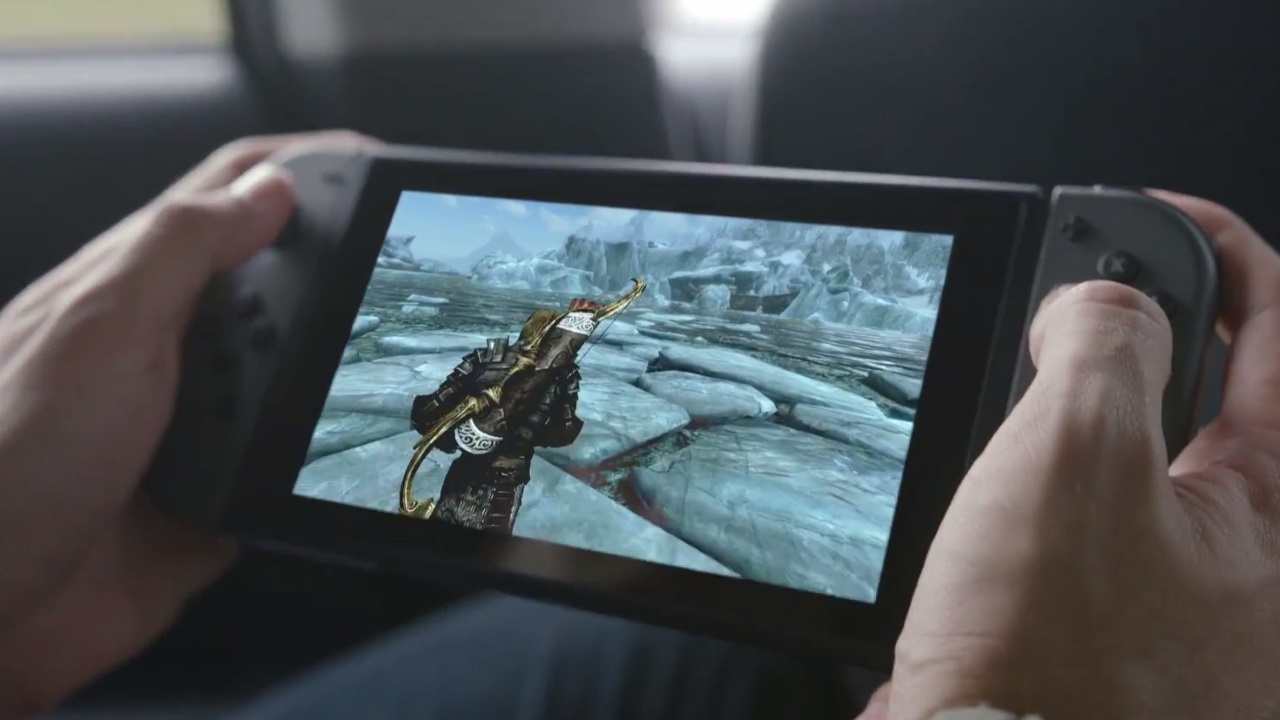
There’s no rivalry between LDN Gaymers and London Gaymers. The organisers are all friends and go to each other’s events. “It’s good to have another group. It keeps us on our toes,” Kristof says. “Our events are really focused on socialising. Their’s is more heavily focused on the gaming.” Chris adds, “Their organiser described it as ‘London Gaymers is more for gamers who happen to be gay, whereas LDN Gaymers is for LGBT+ people who happen to be gamers’”.
Curtis says there's a good mix of all consoles and platforms in London Gaymers but PC and PlayStation 4 tend to be the most popular. The Nintendo Switch is very quickly becoming as popular as the others. “The portable nature of the Switch means that it’s great for meet ups as everyone can bring their own console with them and share the Joy-Con with a friend – and we've just started a weekly online 'Nintendo Night' to help cope with the demand for more Switch gaming”.
Nintendo magic
But the Switch has seen a massive reaction within LDN Gaymers. They recently worked on an event with Nintendo, where group Nintendo provided 250 people with Arms, Mario Kart, and Splatoon 2 - before Splatoon 2’s release. The characters in the Splatoon series are quite androgynous, they point out, which they feel appeals to a lot of gaymers, who believe it’s intentional. Compare that with a lot of main console games, like the Final Fantasy series, where characters are often hyper-gendered. “Nintendo games flip that”.
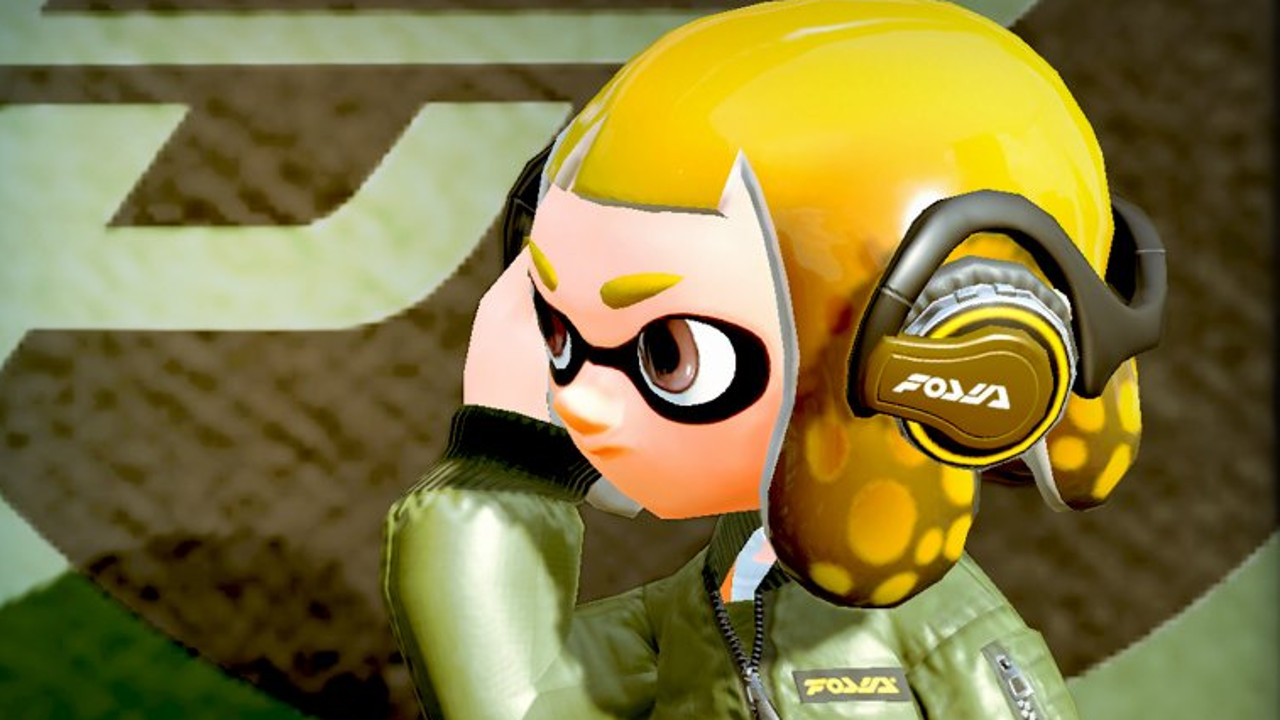
So why do some many LGBT+ people set up these groups? One factor, clearly, is a desire to escape the hatred encountered in gaming and beyond. However, there is also a common desire across every group to create a positive social space that doesn’t rely on drinking or clubbing culture. By focusing on community, and interacting within it, they are better able to interact with those outside both the core gaming world and even the LGBT+ world. Through groups like these, they can simply have fun, but also celebrate LGBT+ representation in gaming, as well as challenge the industry by providing LGBT+ gamer representation in themselves. So it’s for mainly positive reasons - rather than fear of the negative - that these groups are thriving. And that can only reflect well on gaming as one of the most progressive forms of entertainment in the world.
